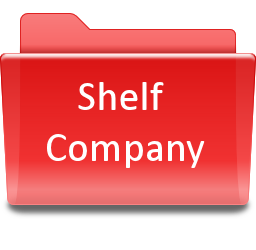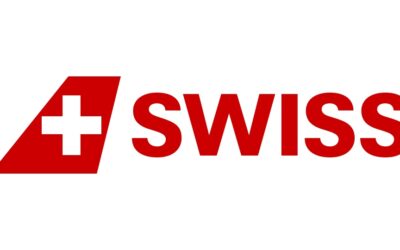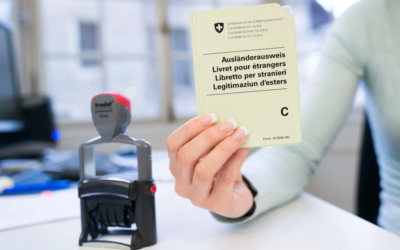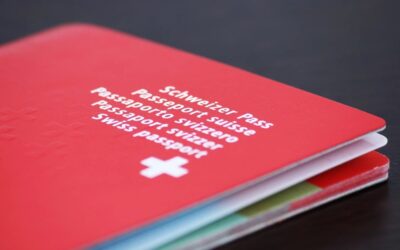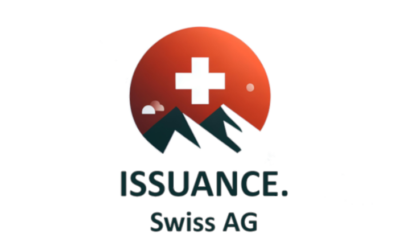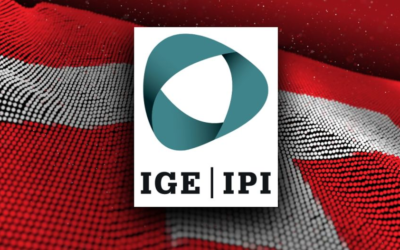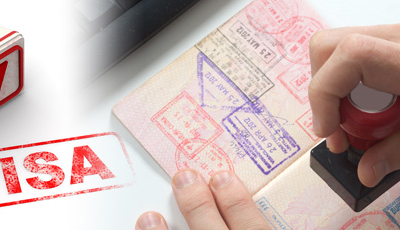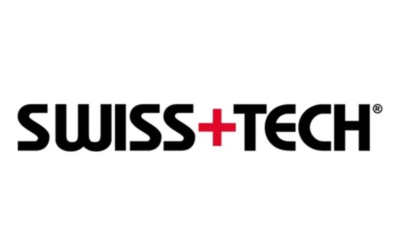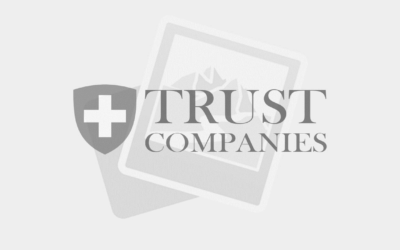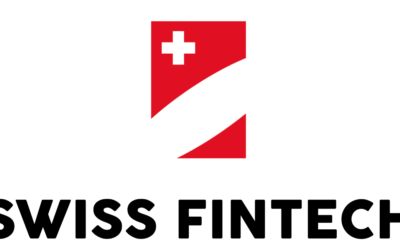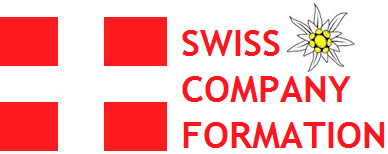Would you talk with someone in our company regarding any issues? Just drop us a line!
- 1 Tax Benefits of Continuing Education in Switzerland
- 2 Understanding the Legal Framework for Education Deductions
- 3 Who Is Eligible to Claim Education Tax Deductions?
- 4 What Qualifies as Eligible or Non-Deductible Training?
- 5 Integrating Education Deductions into Your Swiss Tax Return
- 6 Strategic Benefits of Career Development Tax Relief
- 7 Why Proper Planning Makes All the Difference
- 8 Final Thought
- 9 FAQ about Continuing Education and Tax Deductions
Tax Benefits of Continuing Education in Switzerland: A Smart Strategy for Professionals

In today’s rapidly evolving economy, continuous professional development is more than a personal ambition—it’s a strategic necessity. Switzerland recognizes this, offering generous tax deductions for job-related education and training. But how do these deductions work, and who qualifies for them?
Switzerland’s tax framework allows individuals to claim significant relief through continuing education tax deduction Switzerland programs, helping offset the cost of vocational education expenses in Switzerland, retraining, or career advancement programs. These tax deductible education costs are especially valuable for individuals pursuing upward mobility or switching fields.
This article explores how employees, entrepreneurs, and the self-employed can benefit from these rules and how to make the most of them. The education tax allowance Switzerland provides a structured way to invest in your future while easing the financial burden.
Understanding the Legal Framework for Education Deductions
The foundation for Switzerland’s education tax relief lies in Art. 33 para. 1 lit. j of the Federal Law on Direct Federal Taxation (DBG), which permits deductions of up to CHF 13,000 per year for qualifying vocational education expenses. These work-related education tax deductions must support your current or future career and be paid by the taxpayer directly.
But here’s where it gets more interesting: cantonal variations allow higher deductions depending on where you live. For instance:
| Canton | Deduction Limit (CHF) |
| Zurich | 12,400 |
| Basel-Stadt | 19,100 |
| Ticino | 10,500 |
This means the Zurich education deduction limit is lower than the Basel-Stadt tax deduction limit, making location an important factor in planning deductions. These figures also confirm that the Ticino continuing education cap is the lowest among the three major cantons.
Full legal guidelines on these deductions are available at the Swiss Federal Tax Administration website: https://www.estv.admin.ch/estv/en/home.html
Who Is Eligible to Claim Education Tax Deductions?

Eligibility for professional training tax deduction rules depends on your employment status and educational background:
- Employees: Can deduct job-related courses once they turn 20 or after completing their first upper secondary education. This falls under specific employee training tax rules governed by both federal and cantonal systems.
- Self-employed: Allowed to deduct training costs as business expenses, provided they’re directly related to their profession. These self-employed education expenses are crucial for small business owners upgrading their qualifications.
- Employers: May also deduct personnel training costs as operational expenses, but employees can’t claim them if paid by the employer.
This makes it important to distinguish between employee vs self-employed deduction rights, especially with rising interest in tax benefits for retraining among professionals.
For entrepreneurs considering business setup, this swiss gmbh guide can help you plan better around business-related deductions.
What Qualifies as Eligible or Non-Deductible Training?
The line between eligible education expenses and non-deductible training costs can be thin. The Swiss tax authorities have laid out strict criteria:
| Expense Type | Deductible? | Notes |
| Tuition for accredited courses | Yes | Must be job-related or for career advancement |
| Books, software, and tools | Yes | If required for course participation |
| Language courses | Sometimes | Only if directly needed for job function |
| Hobby or leisure classes | No | Classified as non-deductible training costs |
| Travel and accommodation | Sometimes | Deductible if course requires physical presence far from home |
Taxpayers must also ensure that the education is undertaken after completing initial vocational training. This ensures alignment with work-related education tax frameworks and maintains compliance with both federal vs cantonal tax deduction requirements.
If you’re a remote worker or run a small business, the role of digital fiduciary Switzerland services becomes essential. These providers help validate and categorize such expenses properly.
Those managing assets or starting structured businesses should refer to this overview of a swiss ag.
Integrating Education Deductions into Your Swiss Tax Return
Proper reporting is essential to avoid red flags or rejections. For both federal and cantonal filings, document your:
- Proof of payment (receipts, invoices)
- Official course descriptions
- Justification of relevance to your professional goals
- Any supplementary materials (course plans, certificates)
Working with a Swiss tax advisory can streamline the submission process, ensuring your Swiss tax return education costs are accepted without adjustment.
More info is available via the State Secretariat for Education, Research and Innovation: https://www.sbfi.admin.ch/sbfi/en/home/bildung/weiterbildung.html
If you’re new to Switzerland and looking to understand your fiscal rights, check this guide to the swiss residence permit.

Strategic Benefits of Career Development Tax Relief
Pursuing education in Switzerland can enhance your long-term financial planning. This is especially relevant for individuals navigating career transitions. When aligned with your goals, the career development tax relief becomes a significant advantage.
If you’re a startup founder, education that equips you to handle compliance or tax planning can directly reduce costs. Such investments are perfectly aligned with the education tax allowance Switzerland and long-term tax benefits for retraining.
For international founders planning to launch a swiss company, aligning education with tax rules can boost your strategy. See this swiss company guide to fully utilize deductions.
| Strategic Goals | Recommended Training | Deductibility | Example |
| Launching a business | Entrepreneurship programs | High | Included in business plan |
| Expanding into finance | Tax law, accounting, fiduciary seminars | High | Covered under operational planning |
| Switching career fields | Accredited retraining courses | High | Job-relevant degree or diploma |
| Building corporate leadership | Management, HR, and compliance training | High | Necessary for C-level responsibilities |
Why Proper Planning Makes All the Difference
Switzerland’s tax framework may appear complex, but it’s rewarding for those who approach it methodically. Utilizing a federal vs cantonal tax deduction strategy—claiming amounts where limits are higher—can boost your results.
Whether handled personally or via a digital fiduciary Switzerland, good record-keeping plus expert support leads to results. These services help forecast and plan how to manage tax deductible education costs effectively.
Managing finances? This swiss bank account guide helps align banking with tax strategy.
Final Thought
Incorporating education into your tax strategy is essential. Switzerland rewards those who understand the balance between finance and learning.
If you’re launching a business or switching careers, consult a pro to align your training with allowable continuing education tax deduction Switzerland limits and avoid losing opportunities.
Explore broader tax options and retraining incentives in our summary of swiss taxes.
Would you talk with someone in our company regarding any issues? Just drop us a line!
FAQs
Up to CHF 13,000 per year can be deducted for qualifying vocational education expenses.
Yes, self-employed education expenses are deductible if they directly relate to the professional activity.
Zurich allows a maximum deduction of CHF 12,400 for work-related education expenses.
No, such costs are considered non-deductible training costs under Swiss tax law.
Federal deductions are capped at CHF 13,000, while cantonal limits may vary—Basel-Stadt allows up to CHF 19,100.
Yes, if the course is job-related and meets all criteria of eligible education expenses.
Employees can only deduct personally paid costs. Freelancers can deduct related education as business expenses.
Yes, retraining for a new, job-relevant career path qualifies for career development tax relief.
Official guidance is available at: https://www.estv.admin.ch/estv/en/home.html
Yes, a Swiss tax advisory or digital fiduciary Switzerland service can ensure compliance and maximize savings.



